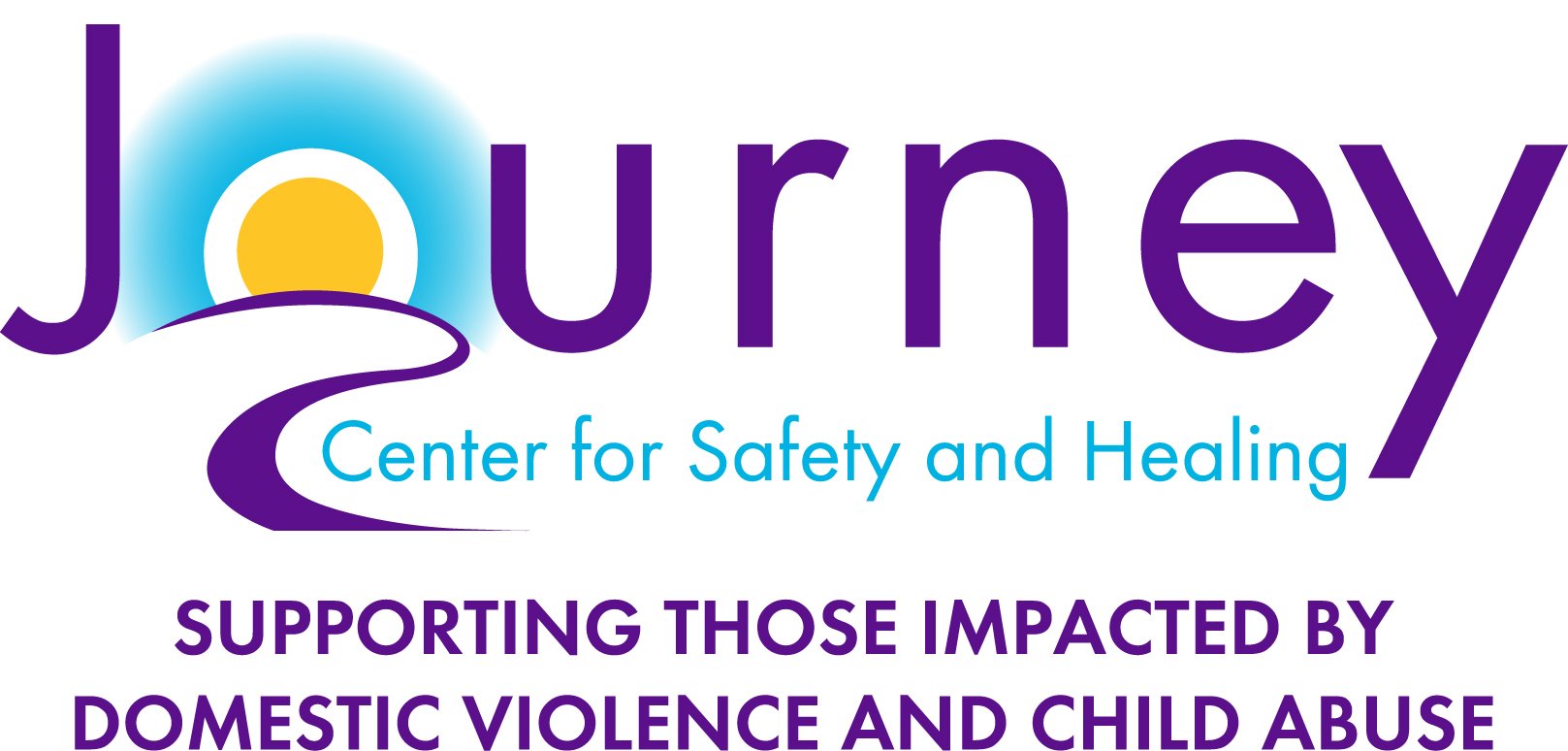Let’s Talk: Ways to Support Someone Impacted by Domestic Violence
It can be hard to know how to help a loved one who is experiencing domestic violence. You may be worried about saying or doing the wrong thing, but it is important to know that it is OK to say something. When someone you know is experiencing domestic violence, the way you talk and listen to them can make all the difference.
You may be worried that the person experiencing the abuse will get angry, upset or won’t want to talk. This may be the case, but often people are glad to be able to talk to a supportive person about what is happening. If someone shares their experience with you, you’re probably a person they look to for support, compassion, and guidance. Although you can’t take away what happened to someone, you can be a source of comfort.
Provide Emotional Support
Do not judge their decision(s)
Acknowledge they are in a difficult situation
Do not speak badly about their partner
Be supportive, regardless of their decision(s)
Remember, you cannot rescue them
Provide Material Support
Help them identify a support network
Store documents and other possessions, if you can
Encourage them to participate in activities and hobbies outside of their relationship
With permission, help document the abuse
Even if there is not any immediate change, your support may help them to consider their options and ultimately ensure their safety. Pick a quiet time to talk, when the violence isn’t happening. Let the person talk at their own pace, don’t push them to say more than they feel ready to. If the person you are talking to doesn’t react in the way you hoped, don’t take it personally. Let them know you are there if they need you.
Violence and abuse are never the victim’s fault. It can be helpful to communicate that gently and repeatedly. Try saying:
I am afraid for your safety.
You deserve to feel safe at home and in your relationship.
Help me understand how you feel.
Your feelings and reactions are normal and valid.
There are people that can help you.
The abuse is not your fault.
There is no perfect way to help a victim of domestic violence, but you have to be careful not to do something that may worsen the situation. Here are some “don’ts” to avoid, don’t:
Pressure the victim to take the action(s) you suggest.
Blame the victim.
Talk badly about the abuser. Instead, keep the focus on unhealthy behaviors.
Give up. If they are not willing to open up at first, be patient.
When we see someone we care about in trouble or in pain, it is natural to want to help. There’s often a fine line between helping someone and trying to rescue them. As helpers it’s important to offer support when it is needed and asked for, not to take things personally, and remember you can set boundaries.
There is a limit to what we can take in and process. It’s important to care for yourself as you support another person, and it is important to protect yourself mentally and physically. Being an effective bystander does not mean you are required to put yourself in danger or do something that does not feel safe or appropriate for you. Please look after yourself first and seek support should you feel you need it.
Take some time after a conversation to enjoy the outdoors or do a healthy activity that makes you feel good as a way of re-centering yourself.
We are always here for you when you need to talk. Call or text our 24-Hour Helpline: 216.391.4357 (HELP) or live chat.
